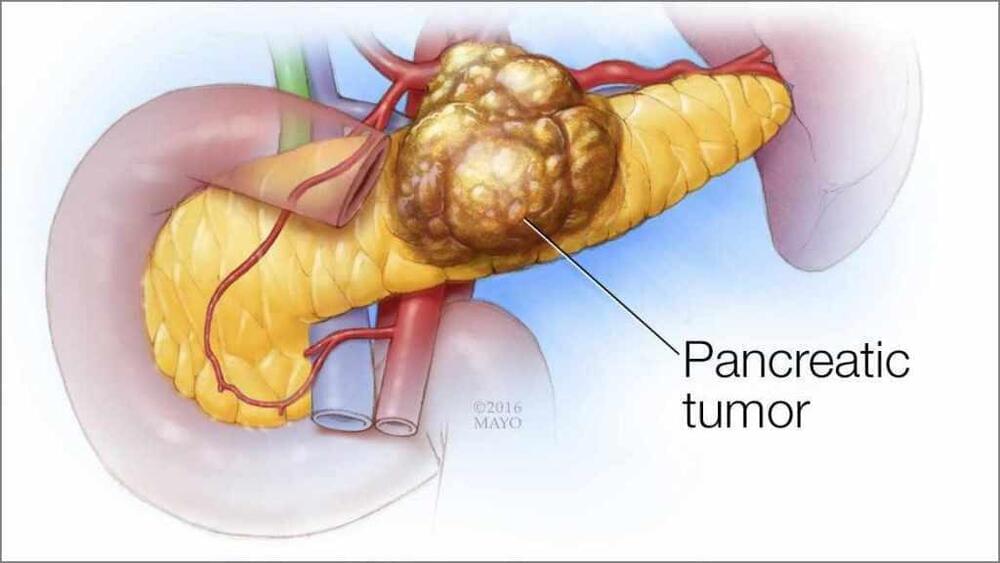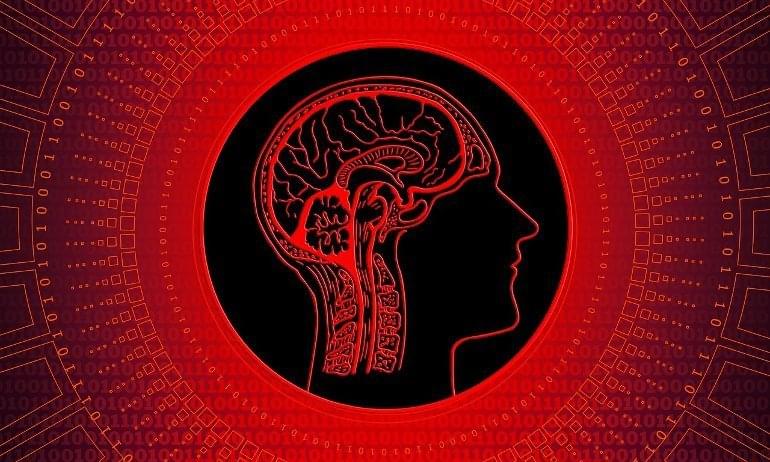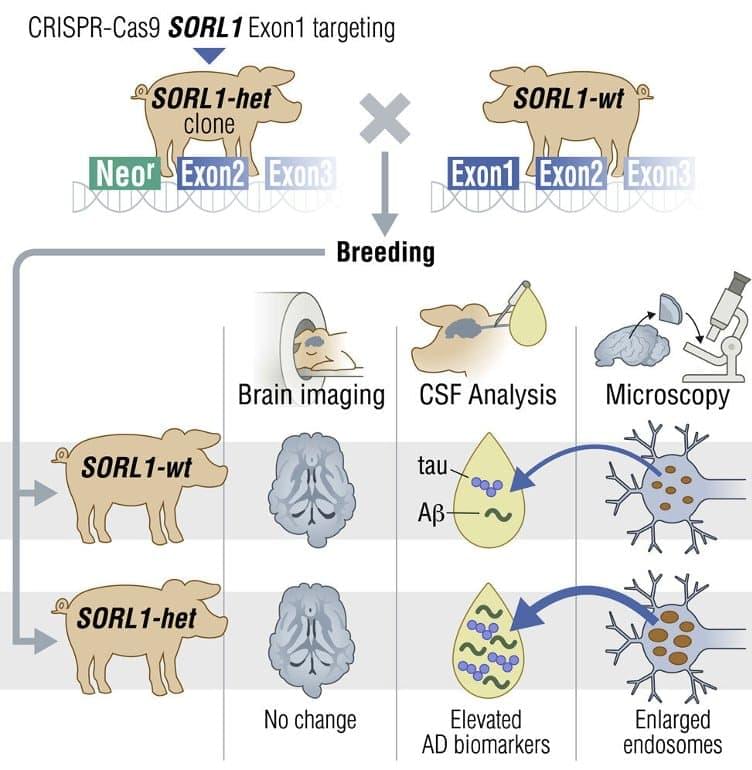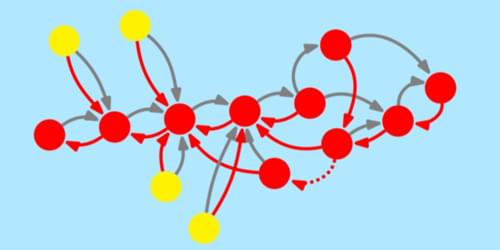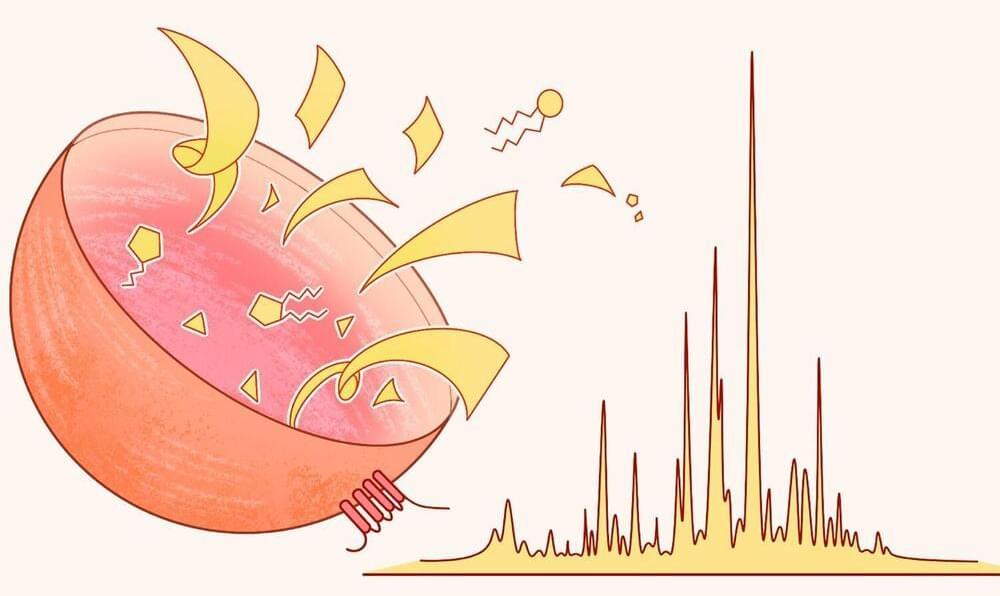Impaired reduction/oxidation (redox) metabolism is a key contributor to the etiology of many diseases, including primary mitochondrial disorders, cancer, neurodegeneration, and aging. However, mechanistic studies of redox imbalance remain challenging due to limited strategies which can perturb cellular redox metabolism and model pathology in various cellular, tissue, or organismal backgrounds without creating additional and potentially confounding metabolic perturbations. To date, most studies involving impaired redox metabolism have focused on oxidative stress and reactive oxygen species (ROS) production; consequently, less is known about the settings where there is an overabundance of reducing equivalents, termed reductive stress. NADH reductive stress has been modeled using pharmacologic inhibition of the electron transport chain (ETC) and ethanol supplementation. Still, both these methods have significant drawbacks. Here, we introduce a soluble transhydrogenase from E. coli (Ec STH) as a novel genetically encoded tool to promote NADH overproduction in living cells. When expressed in mammalian cells, Ec STH, and a mitochondrially-targeted version (mito Ec STH), can elevate the NADH/NAD+ ratio in a compartment-specific manner. Using this tool, we determine the metabolic and transcriptomic signatures of NADH reductive stress in mammalian cells. We also find that cellular responses to NADH reductive stress, including blunted proliferation, are dependent on cellular background and identify the metabolic reactions that sense changes in the cellular NADH/NAD+ balance. Collectively, our novel genetically encoded tool represents an orthogonal strategy to perturb redox metabolism and characterize the impact on normal physiology and disease states.
The authors have declared no competing interest.
